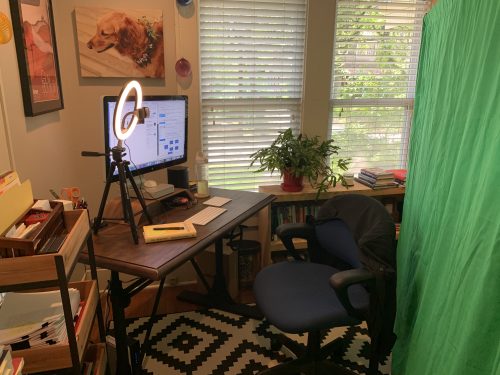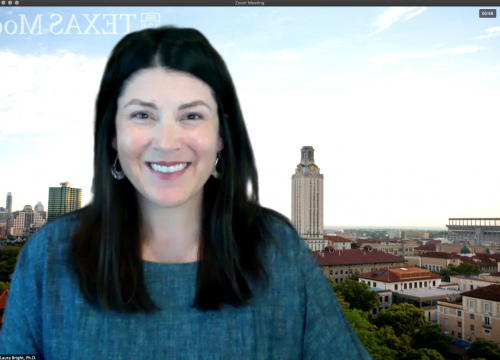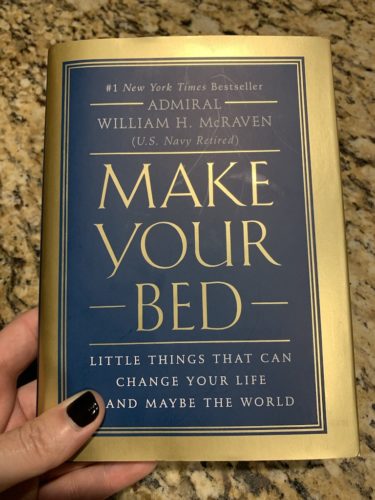This semester took an abrupt turn on Friday, March 13th as we began to feel the impacts of the corona virus pandemic in Austin – our campus shut down, students moved out of the dorms, and we began work to move to a completely online teaching environment by Monday, March 30th. Overall, it has been an amazing process to watch and an interesting experiment in providing mentoring and teaching to graduate students over online video platforms while also keeping research teams going.
Many of the interactions I have had with students during this time have focused on academic progress and mental health – how do we stay sane and keep going in an uncertain world? How do we maintain focus on academic work while worrying about a pandemic day in and day out? Will we ever get to go back to a normal campus? These are hard questions with few answers right now which makes the waiting even more challenging. My best advice has been to focus on self care, exercise, connect with others, and do the work when you are feeling motivated and engaged.
Here are some of the resources I have found most helpful in creating online course content and managing students:
- “The Single Most Essential Requirement in Designing a Fall Course Online” by Cathy Davidson
- UT Austin Fall 2020 Planning Guide
- Dr. Fauci on returning to campus in the Fall 2020
- Pandemic job hunting pointers for recent grads
- Using Zoom to teach
- Learning Zoom etiquette on the fly
- Tips on being kind to yourself during trying times by Kristen Neff
- Zoom basics for teachers
- How the corona virus is changing digital etiquette
- Notes on being an academic in a pandemic
Additionally, I made a small investment in creating an online teaching studio in my home office so that I could look a tad bit more professional during my meetings and lectures. We will be teaching online this summer as well as doing hybrid courses in the Fall so I figured it was worth it. The items I ordered have worked out very well and are easy to setup:
- Web Cam covers – $5.99
- Matte Green Screen – $39.99
- 10″ Ring Light – $75.99
- Back Drop Support System Kit – $32.89
Total Investment: $154.89

Home studio setup for virtual teaching.

The finished product – Ready for summer school!


